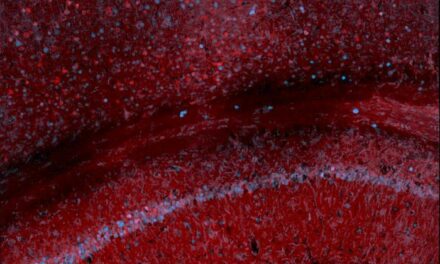
The report generated a short list of well-understood conditions/genes/variants for which the possibility exists of medical intervention with high benefit to those carrying the variants if they are detected presymptomatically.
“This report is tremendously important because it begins to standardize the process by which the comprehensive power of genomic sequencing can be tailored to optimally benefit patients when clinically important findings not directly related to the primary reason for ordering the test are revealed,” says Wayne W. Grody, MD, FACMG, president, ACMG. “We recommend that labs performing clinical exome and genome sequencing recognize and report significant mutations for the serious diseases specified in the Report.”
| Incidental, or secondary, findings, are health-related interpretations of a patient’s genetic code that are unrelated to the primary reason for ordering the testing. For example, if an exome or genome sequence were ordered to help diagnose a cardiac condition, there would exist the possibility of finding a different gene that indicated a predisposition for cancer. If the cancer risk were reported to the ordering clinician as an incidental finding, the clinician and patient could explore whether to increase medical surveillance in a way that could catch a cancer earlier and reduce mortality in that patient. |
As exome and genome sequencing become more commonly used in medical care, physicians will increasingly be able to learn about genetic changes that increase an individual’s risk for developing an unrelated disease. In the past, these incidental genetic findings (unrelated to the condition for which the patient was tested) were seldom provided to the patient.
The ACMG now recommends that for the conditions on the list, the laboratory should return the incidental findings to the physician ordering the sequencing, and those physicians should manage this information with the patient in the context of that patient’s clinical presentation and family history.
The extensive 27-page report was developed through a year-long consensus process by a Working Group comprised of medical and lab geneticists from leading institutions and outside reviewers. The process produced recommendations that were ultimately reviewed and approved by the ACMG board of directors, which is comprised of board-certified clinical and lab medical genetics health care professionals.

[Source: ACMG]





